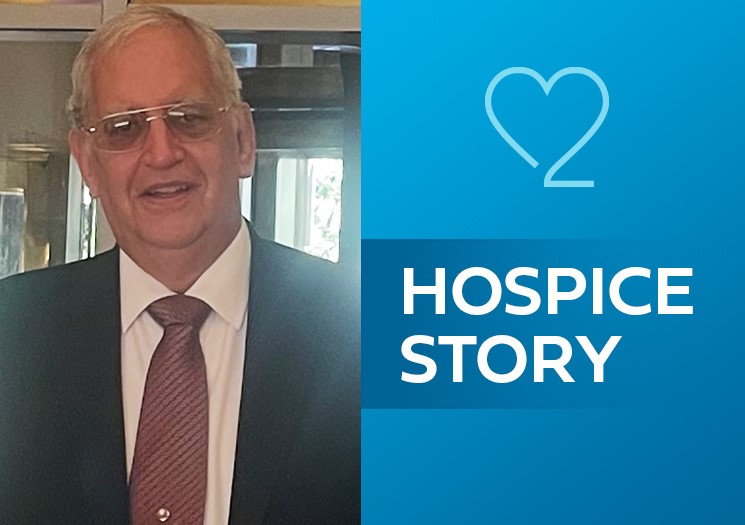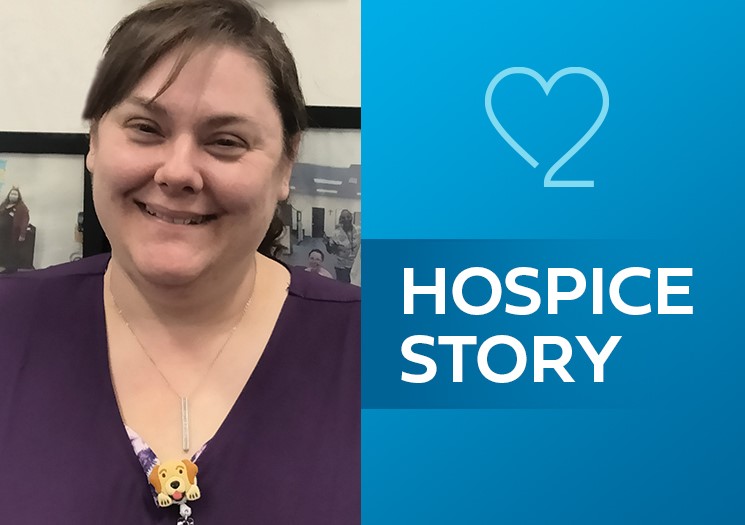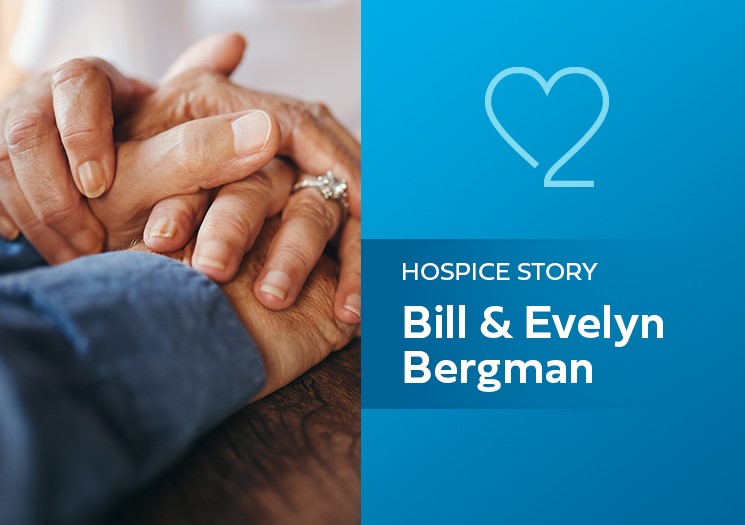- Find a Provider
-
Services
-
Redeemer Health provides compassionate care across every stage of life.
- View all Services
- Health Care
- Cancer Care
- Heart Care
- Hospital at Home
- Maternity Care
- Infusion Therapy Center
- More Health Care Services
-
- Patients & Visitors
- Locations
- Careers
When is it the Right Time for Hospice
November 27, 2019
categories:

Coping with a life-limiting prognosis can be overwhelming for the entire family
At some point, it may not be possible to cure a serious illness, or a patient may choose not to receive certain treatments. Hospice care brings together a team of people with special skills—among them nurses, doctors, social workers, chaplains, personal care aides and trained volunteers. Everyone works together with the person who is dying, the caregiver, and/or the family to provide the medical, emotional, and spiritual support needed.
Some people automatically assume the suggestion to consider hospice means the end is very near, and choose to delay starting hospice care and do not take full advantage of the support it can offer. “Eligibility” means that the person’s doctor thinks he or she has less than 6 months to live should the disease take its usual course. The patient beginning hospice care understands that his or her illness is not responding to treatment aimed at curing or slowing the disease's progress and makes the decision to elect comfort directed care. This does not mean discontinuing all treatment. For example, if an older person with cancer is not responding to chemotherapy and chooses to enter into hospice care, the chemotherapy will stop, but other medical care, say, for high blood pressure, may continue as long as it is helpful. Hospice brings together a team of people with special skills to coordinate care, durable medical equipment, counseling, companionship, and bereavement services. Hospice is 100% covered by Medicare for all eligible patients, and is covered by most Medicaid and commercial insurance plans.
Because hospice is an approach to care, it’s not tied to a specific place. Generally services are rendered in the home but it can also be offered in a facility such as a nursing home, assisted living facility, hospital, or even in a separate hospice center. A member of the hospice team visits regularly, and a nurse is always available by phone—24 hours a day, 7 days a week.
Doctors may have a hard time predicting how long a person with serious illness will live. Health often declines slowly, and some people might need a lot of help with daily living for more than 6 months before they die. What happens if someone under hospice care lives longer than 6 months? If the doctor continues to certify that that person is still declining or close to dying, Medicare can continue to pay for hospice services. It’s also possible to leave hospice care for a while and then return if the healthcare provider still believes that the patient has less than 6 months to live.
Talk to your doctor if you think a hospice program might be helpful. They can help you decide what is best for you or your loved one. If you would like more information about Holy Redeemer’s Home Care and Hospice program please visit Hospice Care or call 888-678-8678.



